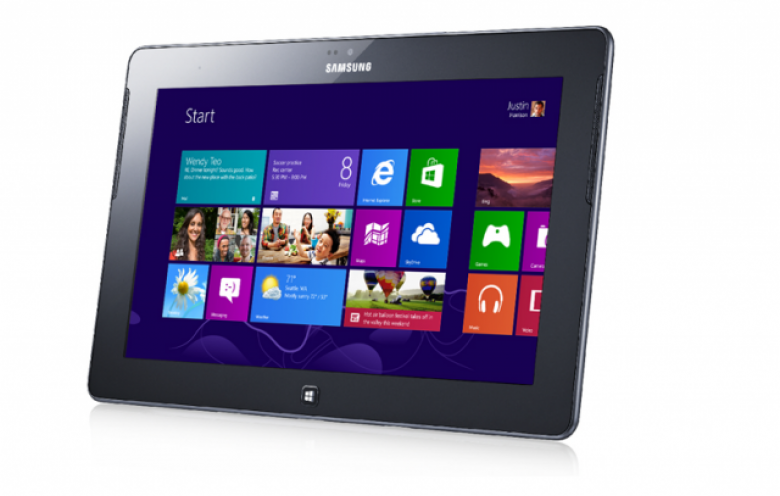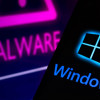Windows RT is a lemon. Here's how Microsoft could make lemonade
Ever since it was announced, I've had skepticism about the purpose and value of Windows RT, Microsoft's version of Windows that runs on ARM computers. The upside of Windows RT—cheap devices and long battery life—was diluted by Intel finally managing to beat its Atom processor into shape. The downside—incompatibility with almost every Windows application ever written—seemed substantial.
I'm not alone in this skepticism. Acer decided not to ship a Windows RT product, preferring instead to gauge the market reaction (though the company may be softening its stance and might ship a Windows RT tablet later in the year, if it believes that Microsoft has made the operating system sufficiently appealing to consumers). Around the time of CES, Samsung said that it wasn't going to ship its Windows RT device, the Ativ Tab, in the US due to lack of retailer interest. The news has got worse: the company is now not going to sell it in Germany as a result of weak demand.










































































